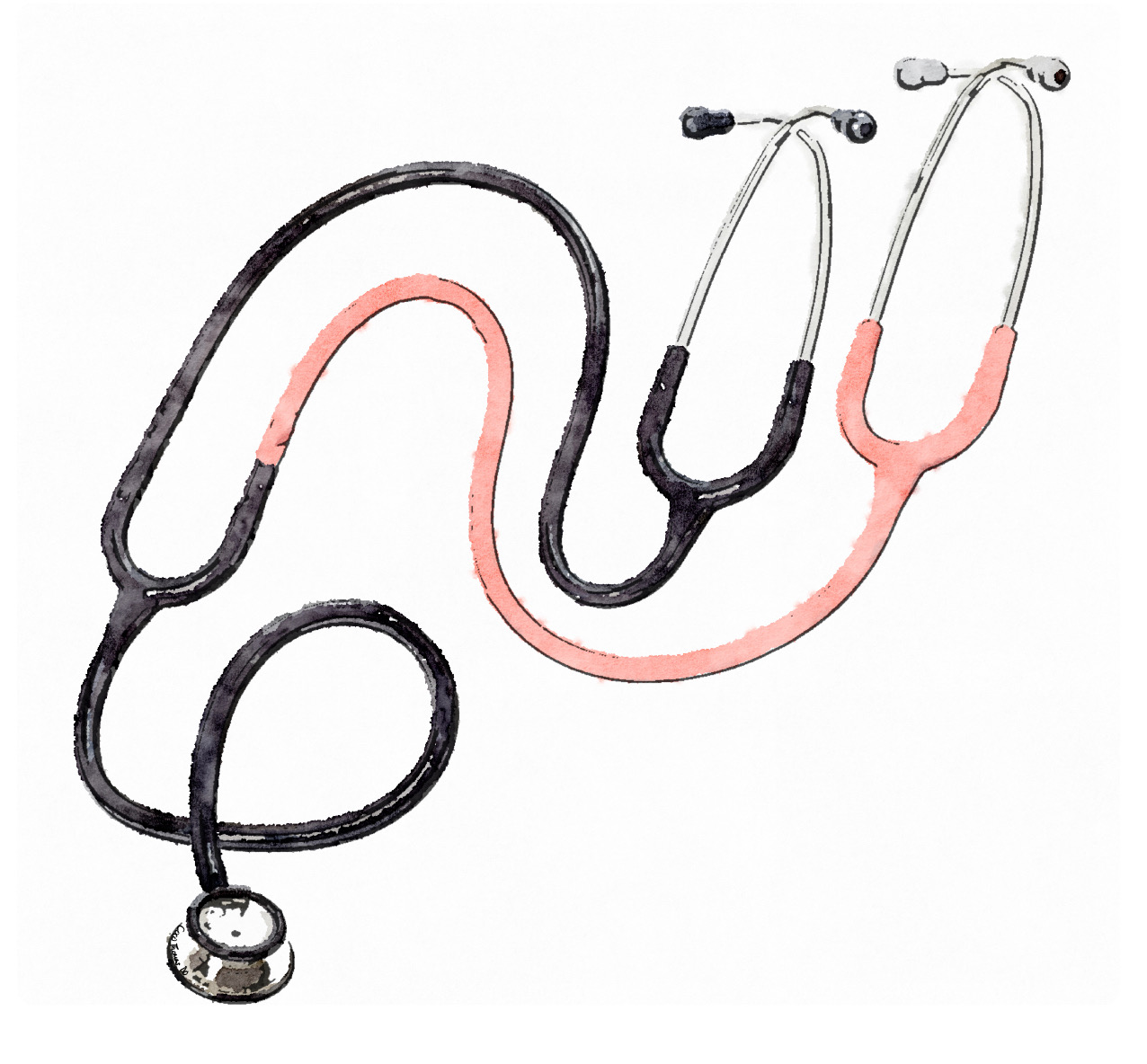As a student at Jarrettown Elementary School, Christopher Howard excelled in each of his subjects and his hard work did not go unnoticed. His success took shape with straight As in each of his classes, but to his family’s surprise, Chris was placed in the remedial track.
His parents attended a parent-teacher conference with the hopes of encouraging his teachers to transfer him to the gifted track. After their inquiry, the principal explained, “It would be better for Chris to be in the remedial track, so he can see people who look like him.” This instance of racism would be the first of many for Chris, whose journey to medical school required him to rise above institutionalized racism and implicit biases.
Chris had great achievements both inside and outside the classroom. As a skilled athlete, he lived for the thrill of playing basketball in front of a cheering audience. Growing up in a predominantly white neighborhood, Chris felt that he always had to prove himself. He often felt like he was stuck in between two identities, with students sometimes asking him why he “sounds white.” Sports connected these two sides as he would consistently out-compete his classmates; there was no question that he belonged. An injury quickly halted his plans to play professional basketball, leaving Chris in a free-fall, wondering, “what else can I do?”
Becoming a physician had been a fleeting thought before his injury, but Chris struggled to envision a future in this career because he had rarely seen African American physician role models. He emphasized, “you can’t aim for what you can’t see.” When young men and women don’t have role models in medicine who are people of color, it makes them less inclined to pursue this challenging career path. Luckily, Chris participated in a community study project in high school, giving him the opportunity to shadow an African American anesthesiologist at Temple University Hospital in Philadelphia. The guidance of his new role model, alongside his mother who is an operating room nurse, laid the framework for his career as a physician.
A few years later, Chris graduated from Ursinus College with a bachelor’s degree in biology. After graduation, he accepted a position as a Research Specialist in a stress neuroscience lab at the University of Pennsylvania, while also simultaneously enrolled in the University’s specialized studies post-baccalaureate program to improve his GPA for medical school applications.
As a research specialist he worked with mice to breed specific genotypes and helped devise novel surgical techniques for their research on the gut microbiome. Outside of the lab, the specialized studies post-baccalaureate program gave him the opportunity to dive deep into neuropharmacology, cancer and histology. Chris became a teaching assistant for neuroanatomy and histology, which helped him succeed in our anatomy block in medical school.
Chris used this time to shine and improve his application, and in 2018, his lab published an article in Nature after finding that stress alters the vaginal microbiome of pregnant mice. This stress-altered microbiome is transferred to the neonate at birth and was found to have negative impacts on neonatal brain development via the gut-brain axis. These early-life perturbations occur during a critical window of brain development that leave these newborns prone to developing psychiatric disorders later in life. This research experience gave Chris a detail-oriented and hands-on approach to medicine, which he utilizes frequently in medical school both inside the classroom and in patient encounters.
When I met Chris Howard at an orientation program at Philadelphia College of Osteopathic Medicine, I immediately noticed his positive attitude and outgoing personality. He amazes me with his perseverance in difficult times and kindness towards everyone he meets. Chris and I discussed his experiences with racism at length. Although his success in medical school is separate from his racial identity, we felt it was important to emphasize the obstacles he has overcome, especially in the current social climate.
Chris has always been destined for great accomplishments, and as a hopeful surgeon he will provide his patients with the highest quality care while helping them return to their normal activity level. With a hands-on approach, he hopes to inspire both his patients and African American colleagues. In the wake of COVID-19 and the racial injustices that have been exposed in recent months, Chris has worked alongside the Black Doctors COVID Consortium providing free testing to patients in Philadelphia. He hopes to inspire change from the top-down, starting by correcting the systemic problems that have been further exacerbated by COVID.
Image credit: Custom drawing by Megan Pattoli for this column.
After working in the emergency room as a registered nurse for three years, Coco made the transition into medical school at Philadelphia College of Osteopathic Medicine. The column Switching Stethoscopes describes a medical student’s journey from nurse to doctor, while reflecting on the “non-traditional” path some students take to become a physician.


